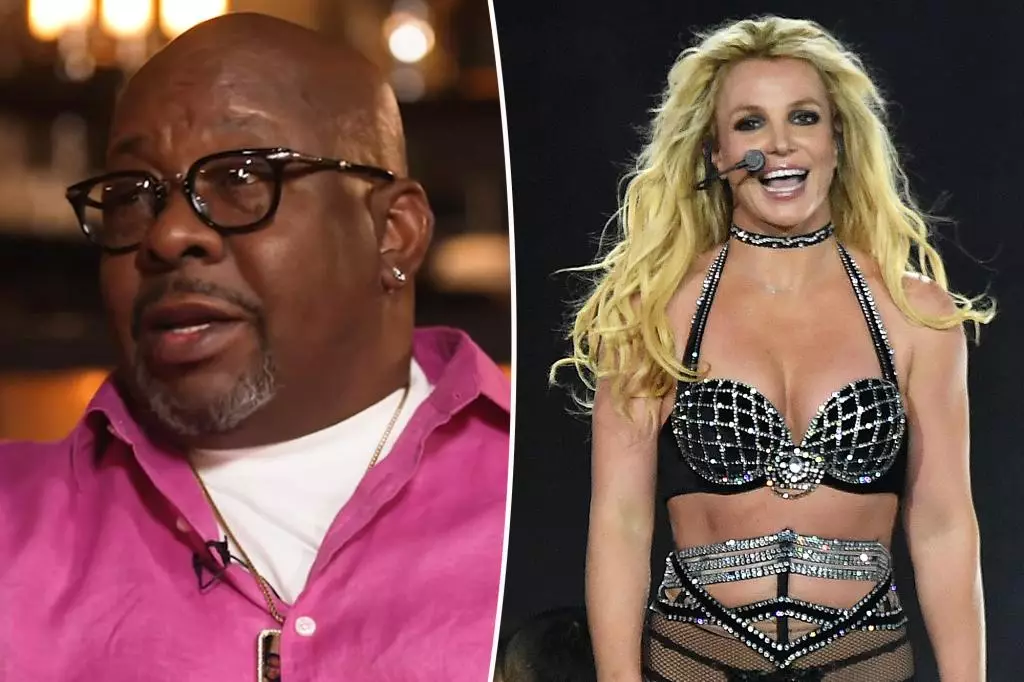In the world of music, covers can often elicit strong opinions, and Bobby Brown’s remarks about Britney Spears’ rendition of his iconic 1988 track “My Prerogative” have sparked a heated debate. On a recent episode of Shannon Sharpe’s podcast, “Club Shay Shay,” Brown’s criticism was anything but subtle. He stated that Spears, whom he once believed could add something special to his song, had “butchered” it. While his comments may be rooted in disappointment, they offer a fascinating glimpse into the generational divide in musical appreciation.
Spears’ version, released in 2004 during a tumultuous period in her life, was included in her compilation album “Greatest Hits: My Prerogative.” While the original was produced by Teddy Riley, Spears’ rendition was overseen by Bloodshy & Avant. This shift in production styles undoubtedly resulted in different auditory experiences. Yet, Brown’s frank dismissal raises an important question: to what extent are artistic interpretations subject to personal sentiment?
The Power of Nostalgia and Ownership
For Brown, the nostalgia tied to his original work is palpable. “My Prerogative” was a significant hit during the late ’80s, spending 24 weeks on the Billboard Hot 100. It represented not only a moment in his career but also an era of music that shaped a generation. His frustration is not merely that Spears’ cover failed to meet his expectations; it speaks to a deeper issue of ownership over artistic creation. As artists, there’s a natural inclination to protect the sanctity of their original work. However, music has always been a communal experience subjected to reinterpretation—shouldn’t that be celebrated rather than dismissed?
Brown later acknowledged that agreeing to let Spears cover his song was influenced by her star power. His admission highlights an interesting paradox where the commercial success of an artist can overshadow artistic merit. While he may have cleared the cover, it seems the unexpected outcome left him regretting the decision. It underscores a critical reality: the music industry is rife with business decisions that complicate artistic intentions, an issue that frequently leads to discontent among creators.
The Fans Weigh In: A Divided Response
As social media exploded with reactions to Brown’s criticism, fans were quick to take sides. The comments on platforms like X reflect how passionate the audience can be about their favorite artists. While some defended Brown, labeling his remarks as attention-seeking behavior, others passionately upheld Spears’ cover as innovative and even superior to the original. It is worth noting that Spears’ contemporary essence often resonates more with younger fans, suggesting that appreciation can be generational.
This situation reveals a fascinating crossroad where music, nostalgia, and individual taste collide. Can a cover ever surpass the original? Fans seem to be split down the middle, illustrating that musical interpretations will always be subjective. In this digital age, the voices of both artists and fans amplify, making public opinion more influential than ever in evaluating a song’s success.
In a world where every note and lyric contributes to a complex cultural tapestry, Bobby Brown’s visceral reaction serves as a reminder of the tension inherent in musical evolution. The conversation around artistic ownership and fan loyalty is far from settled, and the echoes of these discussions will likely resonate for years to come.

